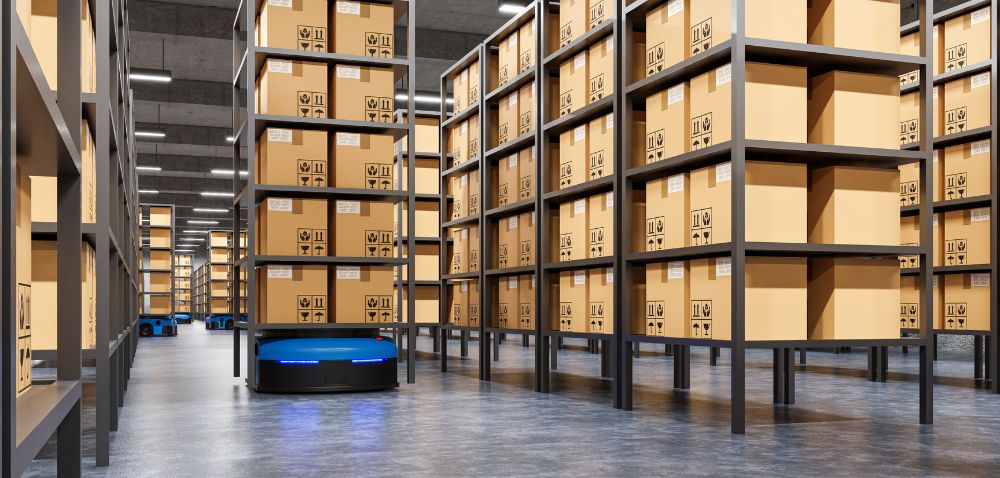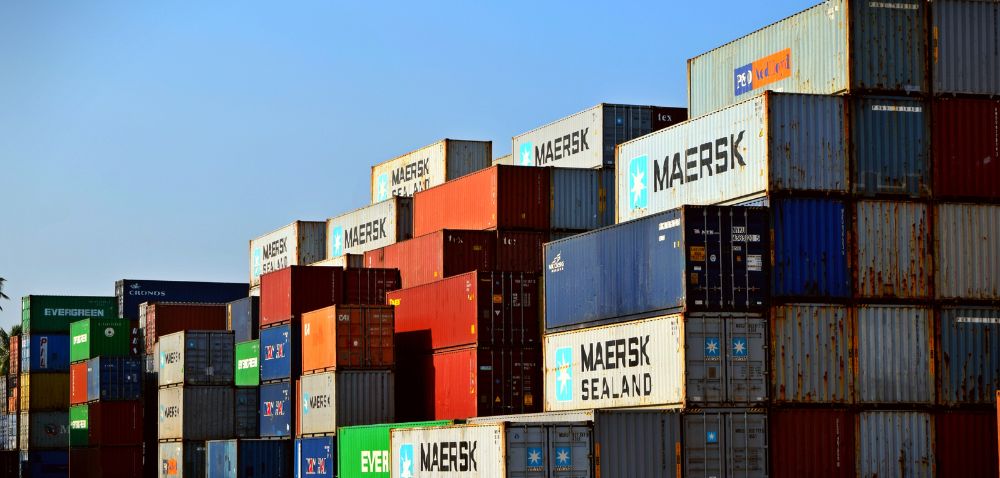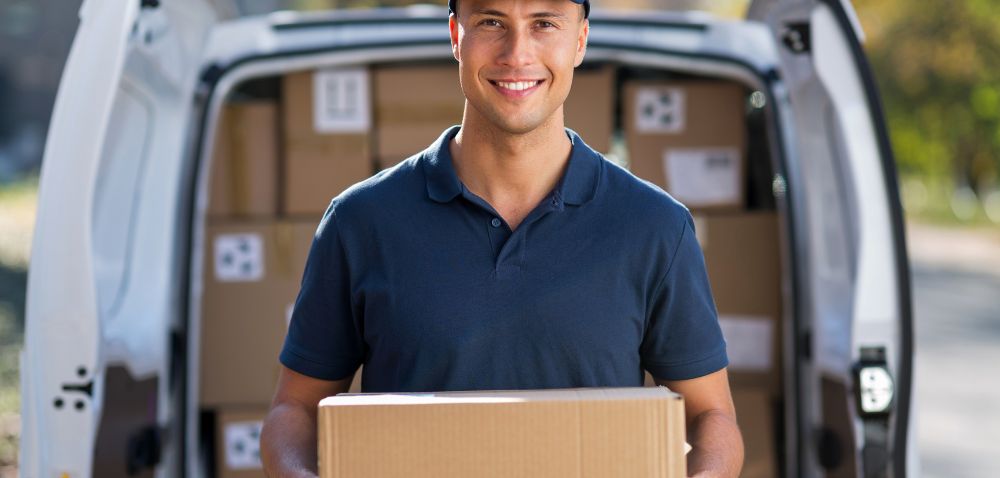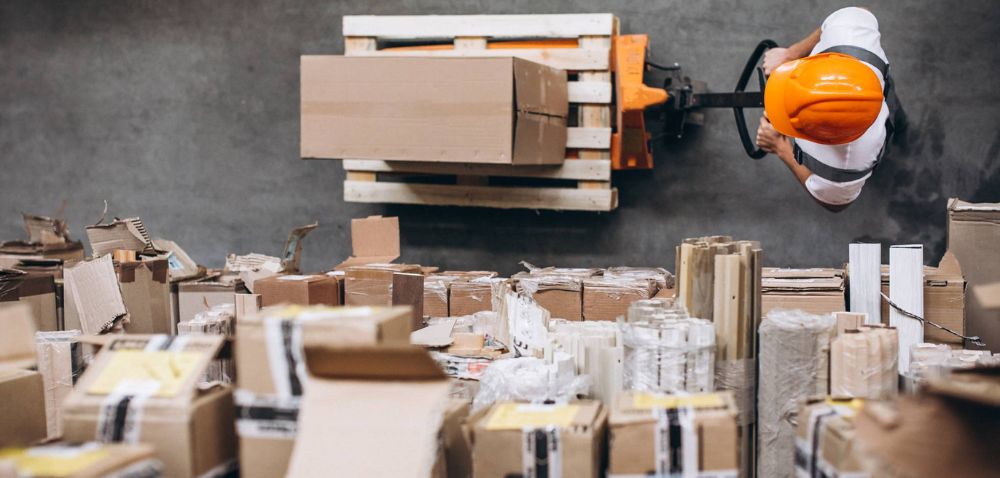
Spanish SMEs continue to bet on Amazon. According to data provided by the e-commerce giant, Last year more than 9,000 small and medium-sized companies based in Spain sold through its platform y 50% of them exported worldwide, exceeding 450 million euros in international sales, 12.5% more than in 2018. And more than 300 SMEs exceeded USD 1 million in sales.
The US company also explains that the companies that sell their products through its shops (almost all of them SMEs) sold more than 40 million products on its platform between 1 June 2019 and 31 May 2020. The data, made public for the first time in his report Amazon’s impact on Spanish SMEs 2020, up 33.3% compared to the same period a year earlier. According to the company, this means that SMEs sell, on average, more than 80 products per minute on its platform. In sales, these Amazon business partners in Spain achieved on average more than 65,000 euros in those 12 months.
François Saugier, Vice President of Amazon Marketplace Europe, highlights how despite the Covid-19 pandemic, SMEs have continued to grow on Amazon. “More than 50% of what customers buy in our shops comes from small businesses”. The executive also highlights that his company invested more than 2.2 billion in logistics, tools, services and programmes to boost the business of these partners, which are key to the multinational’s business.
Amazon details that Catalonia, Madrid, Valencia, Andalusia and Galicia are, in that order, the five communities with the most SMEs selling through their shops. They also export the most, although in this ranking Madrid is ahead of Catalonia. SMEs selling through Amazon.co.uk employ around 14,000 people.
María Peña, CEO of Icex, highlights that in the last five years, the turnover of online sales from Spain to foreign countries has almost quadrupled, according to the CNMC, reaching nearly 10,000 million euros in 2019, 40% more than the previous year. “This shows the growing importance of e-commerce in the internationalisation strategy of companies and it is essential that Spanish SMEs take advantage of platforms such as Amazon to access foreign markets”.
Peña highlights that Icex collaborates with Amazon in different actions, such as the Food & Wine from Spain shop and the Despega programme to promote the digitalisation of SMEs. The management recalls that the food and wine shop is already operational in Amazon shops in Spain, France, UK, Germany and Italy, and points out that They plan to open it also on Amazon Netherlands in 2021. “Currently, we have about 1,000 companies that are selling in that shop, with about 2,036 brands and about 6,000 references”.
The Icex CEO also points out that during the pandemic, more than 40strong, webinarsstrong, webinarsstrong, prelated to different “for its capacity for penetration and capillarity in all markets”. We want to make it easier for companies to get onto these platforms [Amazon, Alibaba, JD.com, Zalando and others], reduce learning costs and help them with all the work involved in being on a platform,” he said. marketplace pto integrate their online and offline strategies and be able to sell outside Spain”.
José Luis Vázquez, CEO of Nortembio, a 100% organic SME that achieves 90% of its income through Amazon, highlights how this platform is allowing them to sell from Cadiz to the whole of Europe, a market where 90% of their sales are made. “It has also given us the recognition and relevance we needed to establish trade relations with countries in North Africa, the Near and Middle East, South East Asia, and North and South America”..
Vázquez points out that they have been working with Amazon, who also provides the logistics, since 2015, “which has allowed us to grow by more than 50% year on year”. In 2019, the company, which sells around 3,000 products a day, had a turnover of 4.8 million and this year they expect to reach 7.5 million.
Although both the Icex CEO and Vázquez are well aware of the of the ongoing investigations by regulators into Amazon, which is accused of some anti-competitive practices, both consider the online giant to be the most powerful and most powerful of all. ecommerce “a strategic partner” for the internalisation of Spanish SMEs.. “Although we probably still need to reach some consensus and create a proper regulatory framework in some aspects, for us Amazon is still a key element in our commitment to online exports,” says Peña.
Vázquez points out that his company has not had “any bad experience” with Amazon and, “although it is true that it can develop products that compete with those of its partners, something that may look like unfair competition from the outside, we can either identify which products are the best sellers on their platform and launch ourselves into the competition. Amazon, for example, has been selling its own cocoa cream for a few weeks at a relatively competitive price and we have been working for almost a year on a cocoa cream with no added sugars or fats, with organic certification and in a glass jar, and we are going to sell it at a similar price. Can you compete with Amazon in the Amazon universe? Yes,” says Nortembio’s CEO.
Access the full article in El País by clickin p here



